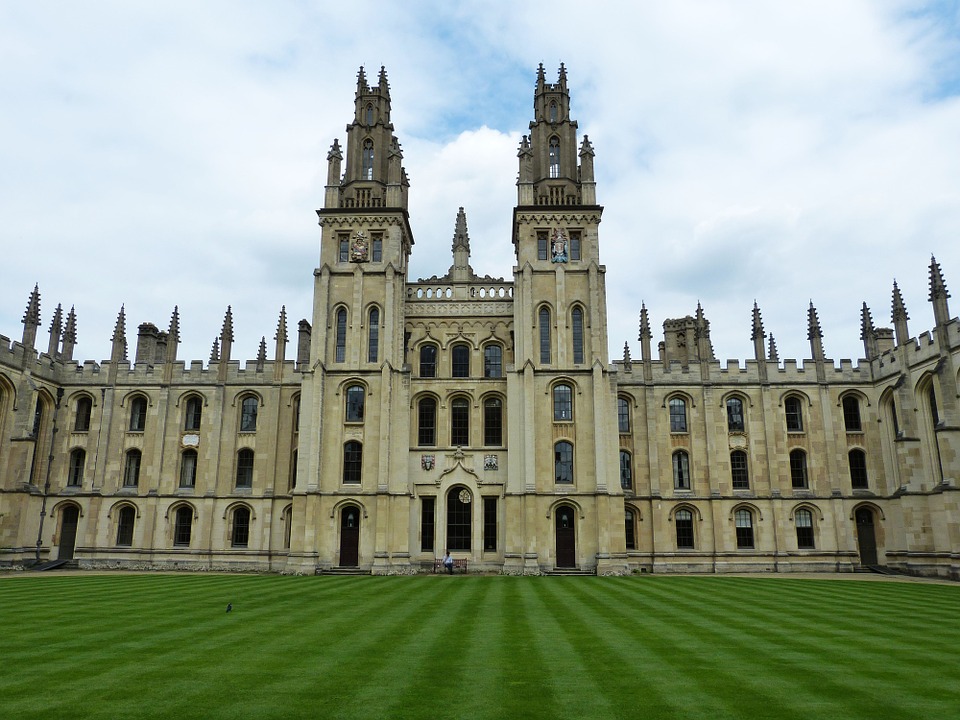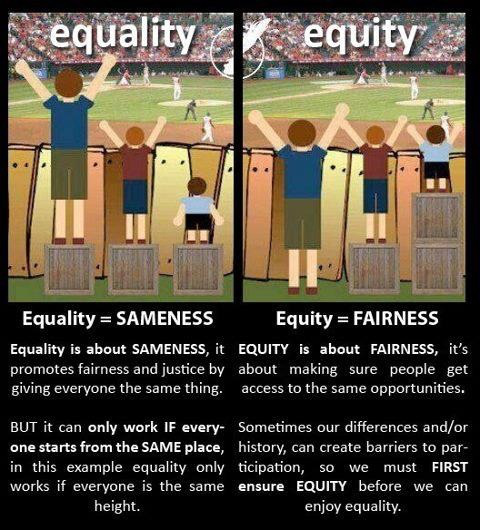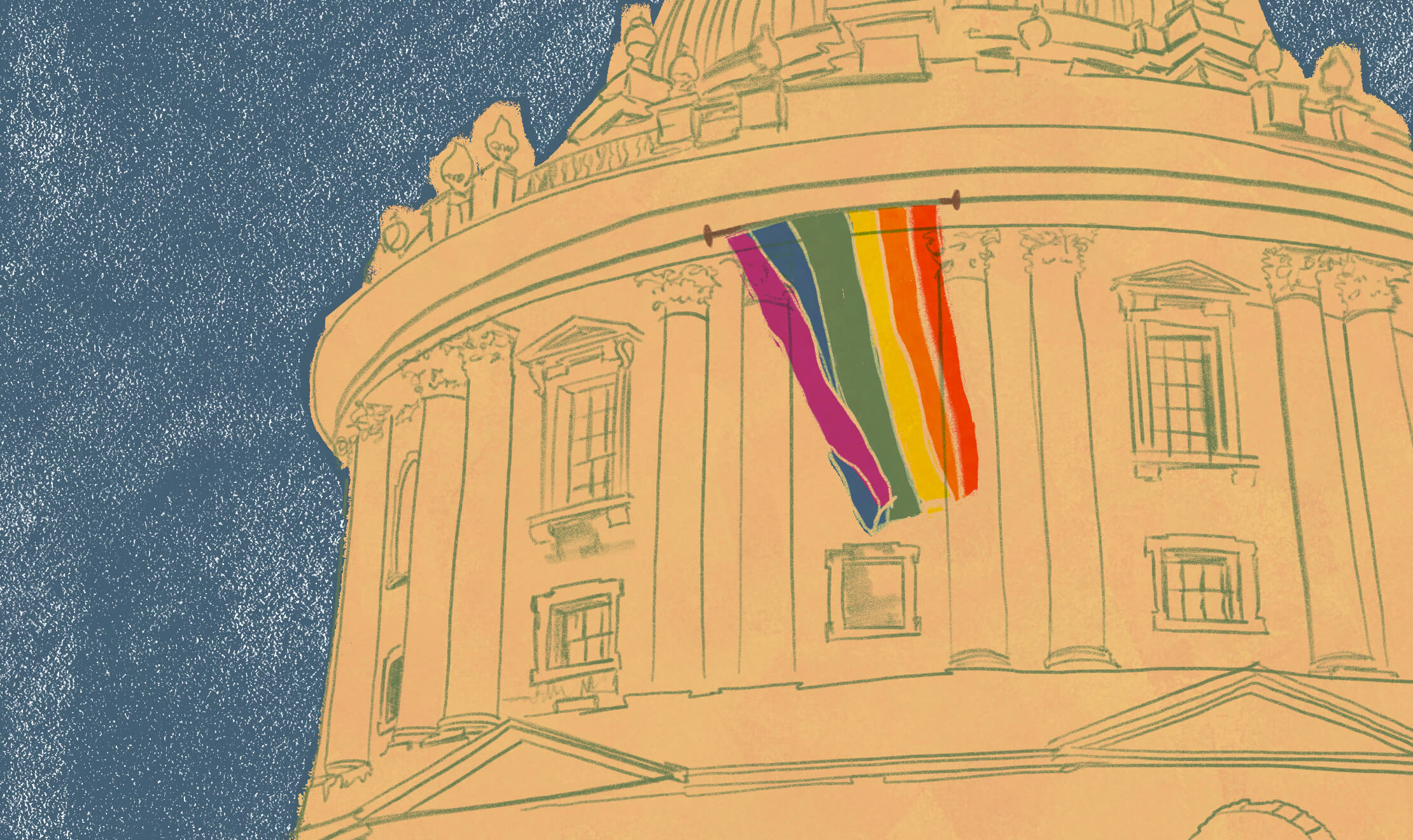
Should universities adopt a quota system to help underprivileged students and ethnic minorities?
Radhika Jani
30 May 2016
A recent white paper published by the government proposed some of the most considerable reforms to higher education in two decades. Amongst these reforms is a move that compels all universities to publish the ethnicity, gender and socio-economic background of their admission intake in what the universities minister, Jo Johnson, calls a “transparency revolution”.
As the paper highlights and deems “unacceptable”, those from more privileged backgrounds are six times more likely to attend the country’s leading universities than those that are not. For this reason, in this white paper, this particular proposal for intake transparency is arguably the one rose in a sea of thorns. However, it has still not been immune from criticism. The most notable critique of this call for transparency comes from Lord Patten: current chancellor of Oxford University and former Conservative Cabinet minister.
Patten reacted to the proposal by saying that he “[does not] support quotas at universities” and that “nobody will explain to [him] how you can make a system of quotas work while retaining the highest admission standards.” Patten criticised the paper as not being “particularly well founded in facts”, laying the blame of admissions inequality with high schools and effectively arguing that universities should not have to carry the burden of “inadequacies in our secondary education system”.
All of this led me to haul out the time-old conversation surrounding positive discrimination, because the chancellor’s claim that “quotas must mean lower standards” is problematic and worrying for a number of reasons.
Around two years ago I found a cartoon online, perfectly delineating the difference between “equality and equity”, and it is a cartoon I have found myself continually referring back to since.
The word equality has become such a buzzword in liberation politics, to critique it as problematic can seem shocking. But to vouch for equality without considering the initial inequality that determines different demographics’ starting points is dangerous, and actually helps to worsen the situation. This is why I do view positive discrimination as helpful, because essentially positive discrimination is an active awareness of and dedication to dismantling unequal power dynamics. Once we acknowledge this, I feel we can deconstruct the Patten case more carefully.
Patten went on to clarify that he did not mean it to be the presence of underprivileged students per se that would lower standards, but rather the quota system itself. But did he not consider that the conflation of the two may be seen as problematic? The problem with this statement is two-fold. Firstly, it makes it seem as though the only way underprivileged students could ever reach high-achieving universities would be through a quota system. Secondly, it assumes that this quota system is inherently more tolerant to lower standards than “normal” admission. Therefore, if acceptance of the underprivileged is available solely through a quota system, and a quota system is inherently accepting of lower standards, underprivileged students are essentially less academically capable than their privileged counterparts.
‘Unless you are a bigot, you would see Oxford’s accepting just 27 black students in a single year as highly problematic – really’
What these statements assume, and assume inaccurately, is that the current system of university admissions is operated over an underpinning ideal of true meritocracy. Under Lord Patten’s statements, students from privileged backgrounds are just more academically able than others, and that is why they are over-represented in universities. Now unless you are a blatant bigot, you simply cannot believe this to be true.
Unless you are a bigot, you would see Oxford’s accepting just 27 black students in a single year as highly problematic – really, even David Cameron did. Patten is somewhat right when he blames secondary education for contributing significantly to social immobility, because the circumstances of your birth do determine the pre-university education you receive and will affect the opportunities available to you later. Kids attending private schools in Kensington are much more likely to have been equipped intrinsically with the skills to ace an Oxbridge interview, whereas kids attending their local state school are likely to have not. However, for Patten to insinuate that under-privileged backgrounds and lower attainment go hand in hand automatically, is classist, racist and just fundamentally untrue.
As reported in The Telegraph in August 2015, research based on official Department for Education figures found that England’s best 500 state schools are outperforming the top 500 private schools. Based on the analysis of the government figures, The Telegraph also found that the top 1 per cent of state schools achieve better results than 98 per cent of private schools. When despite this, figures show that pupils from fee-paying schools are five times more likely to attend Oxbridge and that five elite schools and colleges have as many Oxbridge entrants as nearly 2000 state schools, we have to recognise that there are other reasons, reasons that are not to do with academic ability, that affect the severe underrepresentation of underprivileged students in higher education. Indeed, there are wider systems at force here.
Patten was able to criticise the principle of positive discrimination freely, but when asked what he proposed as its replacement, he effectively came up dry: an Oxford University spokesperson said they could not answer. For a man who claims he agrees with the transparency proposal’s aims of increasing social mobility, his non-constructive and non-nuanced critiques certainly don’t paint him out as a man sincerely committed to equality and inclusion.
When I raise my hand and talk in my seminar as the only person of colour present, I can see the automatic disengagement that has crept upon my fellow students, and even tutors. Constantly, I feel as though I have something to prove, because the colour of my skin instinctually means that I cannot be good, or at least as good, at English Literature. Speaking to my other friends of colour, feeling as though your peers are skeptical of your presence and merit is a feeling not rare, and it is a feeling we internalise to blame ourselves. ‘What if I’m here just to fill a quota?’ You start to ask yourself
‘I understand the feeling underprivileged people may encounter when they think that their presence is there solely to fill a quota, but the answer is to expel the stigma surrounding positive discrimination’
But when people, including people belonging to underprivileged groups, say that they are not comfortable with positive discrimination because they find it “patronising”, I struggle. I completely understand the feeling underprivileged people may encounter when they think that their presence is there solely to fill a quota, and can understand how this feeling is degrading, but the answer is to expel the stigma surrounding positive discrimination, not expelling positive discrimination all together. If we expelled positive discrimination, I’d still experience racism, but it’d be without any institutional retribution. And prejudice, in my opinion, is the actual most patronising and degrading thing to be subjected to
I remember being in the car with my cousin when my politics drifted into conversation, and one thing she said here has stuck with me to this day. She said that she realised people of colour did start off ten steps behind and therefore had to work harder, but actually did not see anything wrong with that. And for me this was symbolic of so much. Oppressed people are taught to be compliant to their oppression, so we look desperately for avenues to rationalise the injustice we know we feel, in order to evade anger. One of these avenues is formed by a romanticisation of struggle, an avenue my cousin clearly subscribed to. Enduring struggle is beautiful and admirable, but it should not exist for the sake of its beauty as an emblem of survival. Fundamentally, one group of people should not have to work harder than another in a fully democratic society, and an understanding of this is what positive discrimination is built upon.
To finish, I’d like to talk about my friend, Aishani, an international student from Chennai and all-round repository of wisdom and reason. She explained to me how in India, positive discrimination is institutionalised to combat the injustices caused by the caste system: you have to state whether you are from a “forward” or “backward” caste in every job and every college application.
‘Many of the students who apply for college from “backward” castes in India are the first in their families to achieve literacy’
Recently however, people have expressed resentment towards this system, because in a few places the economic inequality between “forward” and “backward” castes has been pacified. But Aishani explained to me why she does not subscribe to this same resentment. She tells me that many of the students who apply for college from “backward” castes are the first in their families to achieve literacy, which means that they are the direct inheritors of generations of people who have been aggressively stripped of the education that should have been their human right. Intergenerational trauma is materialised in economic and social holdover from past oppression, so, as Aishani says, to the kids from “backward castes”, the government “owes them their dues”.
This call for a “transparency revolution” is one step in the staircase that leads to remedy and healing, an apology for and confirmation of all the spaces we have been denied access to for decades. It is an active dedication to improving inequality, in a wider culture that disguises indifference behind a violent attention to mere lip-service, and the peppering in of buzzwords like ‘diversity’. For our equality to be foregrounded as imperative, as it was in this white paper, is important, necessary and really just a long time coming. This is us being provided our dues.

Britain’s policing was built on racism. Abolition is unavoidable

Against the binary: imagining a future of holding my chest high

How Pakistan’s Khwaja Sira and transgender communities are fearing and fighting for their futures







